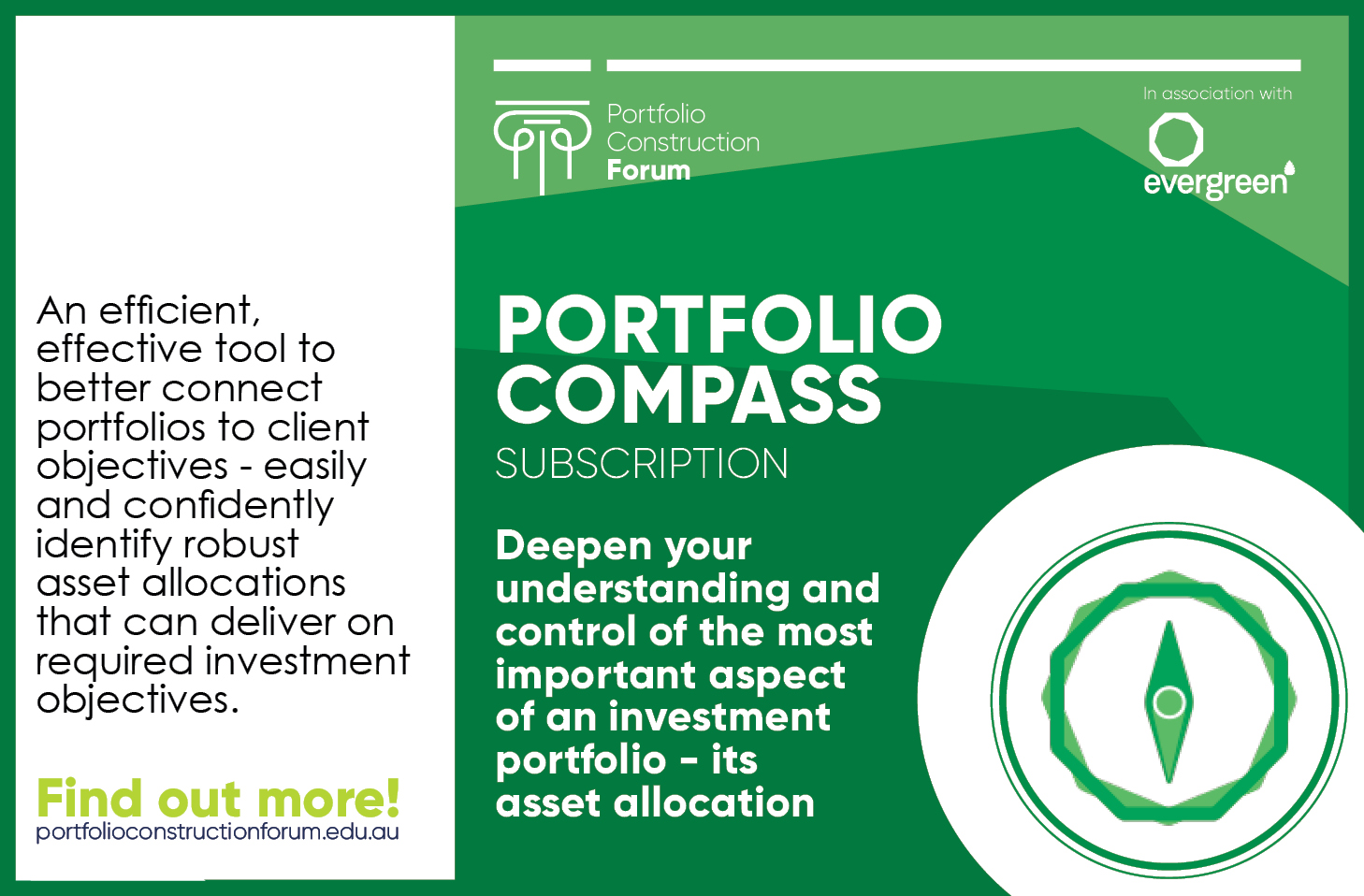The theory of cognitive dissonance was proposed in the 1930s by psychologist Leon Festinger. Understanding how cognitive dissonance can bias our investment decision making, and recognising when our behaviour is being driven by it, is vital.
Classical economists often incorporated human behaviour into their thinking. But in the 1960s and 1970s, homo economicus - the great rational agent of economic theory - was born. It was not until the 1990s that the link between human behaviour and economics began to be re-established. Part of the Finology short course, Behavioural Finance - Investment Decision-Making, this lecture reviews the evolution of economic thinking, concluding that, with the link between human behaviour and economics being re-established, economics has come full circle.
How we organise information in our heads, evaluate it, give it weight and then store it in our memories impacts our decisions. Part of the Finology short course, Behavioural Finance - Investment Decision-Making, this lecture looks at the concept of the schema, a mental model of the world we use to swiftly understand incoming information.
The ability of prospect theory to explain many observations in both investing and everyday decision-making made it an incredibly powerful approach in economics. But that wasn't enough to allow it to challenge 'expected utility theory'. To do that it needed to consider the way in which people evaluate probabilities. Part of the Finology short course, Behavioural Finance - Investment Decision-Making, this lecture reviews prospect theory, the disposition effect, and expected utility theory.
Cognitive dissonance theory can explain our motivation to seek the information that drives our choices. Part of the Finology short course, Behavioural Finance - Investment Decision-Making, this lecture reviews the theory of cognitive dissonance and the mental discomfort that results from holding conflicting beliefs, values or attitudes, that can explain our motivation to seek the information that drives our choices.
Standard finance assumes that economic agents discount the future exponentially - yet the original proponents of Discounted Utility Theory conceded that human beings do not act that way. Part of the Finology short course, Behavioural Finance - Investment Decision-Making, this lecture reviews what researchers have discovered about intertemporal choice, the process by which people make decisions about what and how much to do at various points in time, when choices at one time influence the possibilities available at other points in time.
Stopping losses, exposing ourselves to information that goes against our beliefs, not indulging story-tellers, facing hard truths about our past decisions - all these things detract from our comfort. Part of the Finology short course, Behavioural Finance - Investment Decision-Making, this lecture provides 10 recommendations for improving investment decision-making, drawing on the learnings from Lectures 1 to 5.
Two of the most important practical implications of prospect theory in asset pricing are the existence of price momentum, and investors' preferences for skewness in the distribution of returns. Part of the Finology short course, Behavioural Finance - Investment Decision-Making, this lecture reviews explains why these phenomena persist and practical ways they can be exploited.
We like to think our beliefs are the result of a long, thoughtful evaluation, the product of carefully curated information and our personal experiences. Part of the Finology short course, Behavioural Finance - Investment Decision-Making, this lecture reveals the origins of many of our beliefs, and shows what we can do to make our belief-building more robust.
When should I retire? Will I be happy? How long will I live? Our responses to questions like these are prone to systematic biases that influence our choices and, ultimately, life satisfaction in retirement. Part of the Finology short course, Behavioural Finance - Investment Decision-Making, this lecture focuses on the behavioural influences on decision making about the transition from the workforce into retirement.
Why is it that a client selects one asset manager over another? And why are some asset managers retained during the challenging periods in the cycle and others are not? Part of the Finology short course, Behavioural Finance - Investment Decision-Making, this lecture concerns the science of trust, revealing what really causes trust to be built over time.
Advisers, not clients, are responsible for the creation of a high-trust relationships. But when does interpersonal trust building become selfish manipulation? Part of the Finology short course, Behavioural Finance - Investment Decision-Making, this lecture reviews the ethical limits to advisers' actions to build and maintain trust with clients.
As for other life outcomes, personality types are useful in explaining personal finance outcomes such as wealth accumulation, retirement planning, spending, compulsive consumption, indebtedness, and risk-taking. Part of the Finology short course, Behavioural Finance - Investment Decision-Making, this lecture explores the link between personality and individual preferences for communication, information-seeking, and susceptibility to persuasion.
Greater career success is the reward for individuals who see Diversity and Inclusion as a skill to be learned. Part of the Finology short course, Behavioural Finance - Investment Decision-Making, this lecture examines the hurdles to progress towards a genuinely inclusive workplace from a behavioural perspective.
The typical carrot-and-stick approach to ethics assumes that people faced with ethical dilemmas conduct a conscious, deliberate, cost-benefit analysis before making decisions. Yet, the behavioural sciences have shown us that our decision-making is often non-conscious and automatic. Part of the Finology short course, Behavioural Finance - Investment Decision-Making, this lecture examines insights from the behavioural sciences that can help us adhere to our stated ethical principles.
People attach great importance to their social connections. Yet, this social goal will not always dovetail with groups securing the best possible decision. Part of the Finology short course, Behavioural Finance - Investment Decision-Making, this lecture examines how we can improve group activity to help ensure dedication to the organisational objective becomes precisely the route by which we achieve social rewards.
What's new with our live and on-demand continuing education, accreditation and certification programs.







